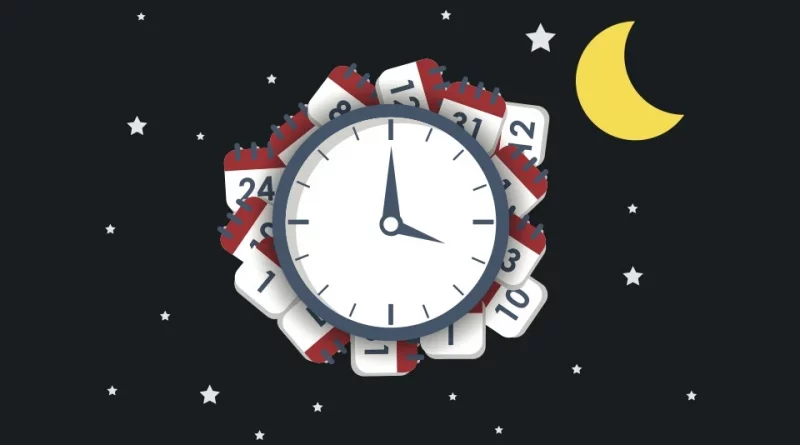Bedtime Routines, Chronic Insomnia, and the Brain
[Please note that this page contains affiliate links. If you choose to purchase after clicking a link, I may receive a commission at no extra cost to you.]
A bedtime routine may dramatically affect how much you sleep or don’t sleep. Now researchers better understand what is going on in the brain during pre-sleep routines. They want to use this information to aid chronic insomnia and other sleep disorders.
Chronic Insomnia
It is estimated that 10% of adults in the United States deal with chronic insomnia. This means people have difficulties falling asleep and then staying asleep at least three or more times per week that persists for a minimum of three months.
Chronic insomnia can harm an individual’s mental and physical health and millions more battle with a wide range of other sleep problems.
While there are pharmaceuticals to assist people in falling asleep, most of them come with many side effects, as doctors will typically advise patients first to try forming a better bedtime routine. For example, people can try things such as turning down the lights a few hours before going to sleep, turning off the phone at least an hour before bed, and going to bed and waking up at the same time every day.
A proper nightly routine can be more beneficial than a sleep aid. Although, scientists still do not fully understand what these actions do in our brain or how this results in falling asleep.
Bedtime Study
Researchers from the University of Michigan took mice with pre-sleep routines that usually included grooming and nesting to understand better how bedtime routines may affect the brain.
After figuring out the pre-sleep routines of the mice, they then established that if they prevented the mice from doing their nightly routines, it which disrupts their sleep. The animals would need more time to fall asleep, making for poorer sleep quality.
With the use of newer technology, scientists were better able to look at the brains of the studied mice. When the mice were doing their nightly routines, the researchers discovered that specific neurons in the part of the brain named the “lateral hypothalamus” were being activated.
Prior Chronic Insomnia Research
Research from the past connected the lateral hypothalamus with sleep, although this study was the first to prove that bedtime routines activated these specific neurons in that brain region.
The researchers hope their discovery may lead to better therapies and medications for chronic insomnia when a better bedtime routine doesn’t improve their situation.
Yet, mice and people are much different, and our pre-sleep routines may affect the brains in a different location or another way, meaning much more sleep research is needed.


